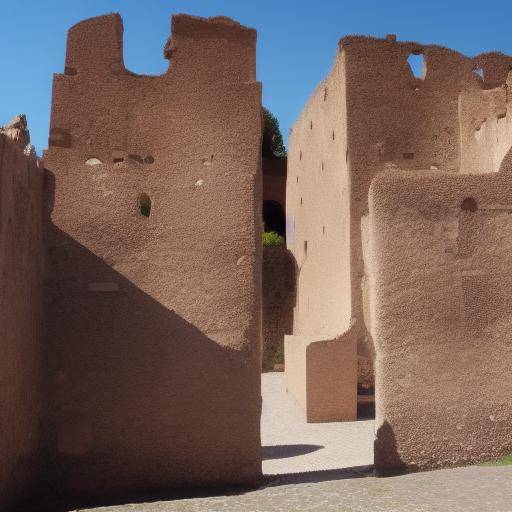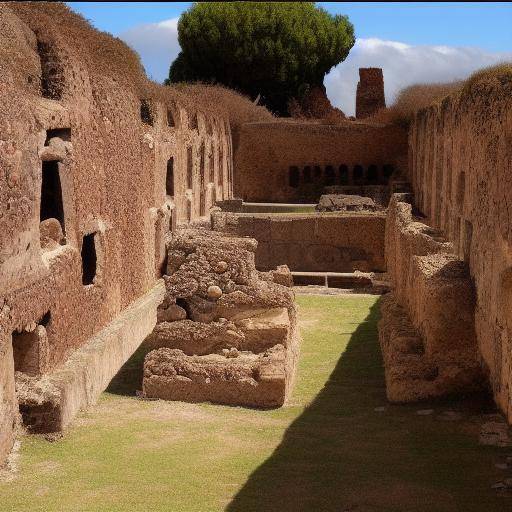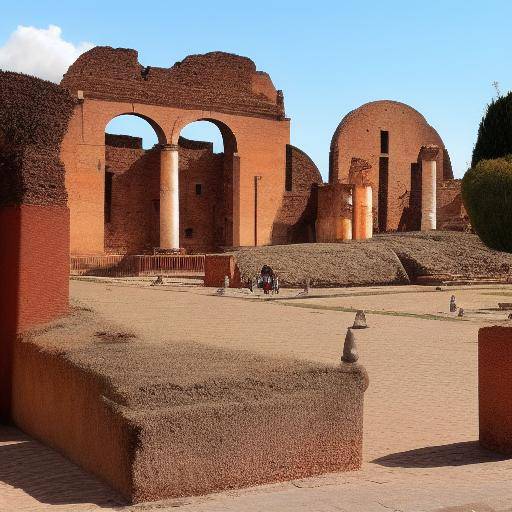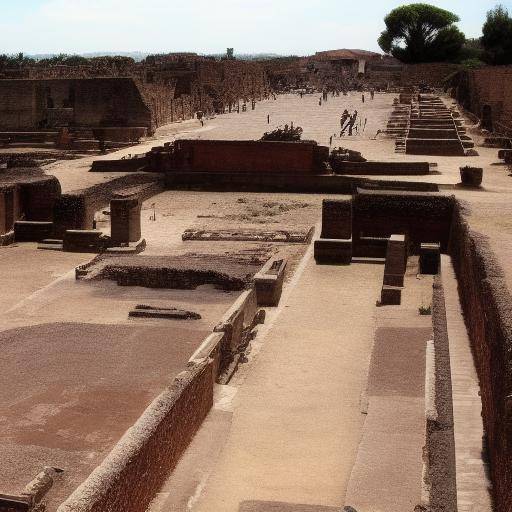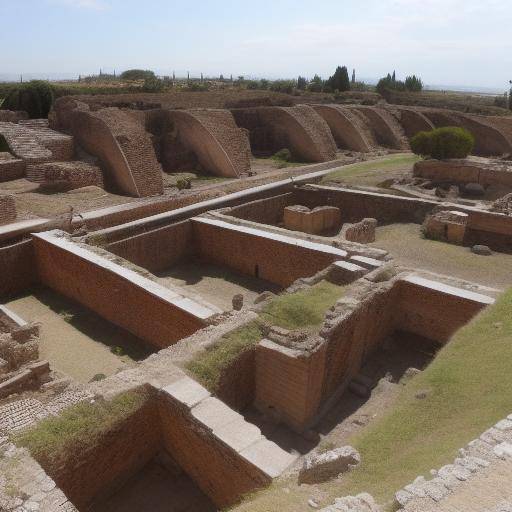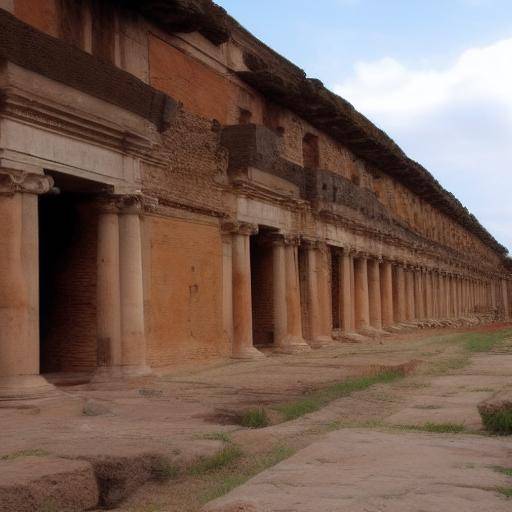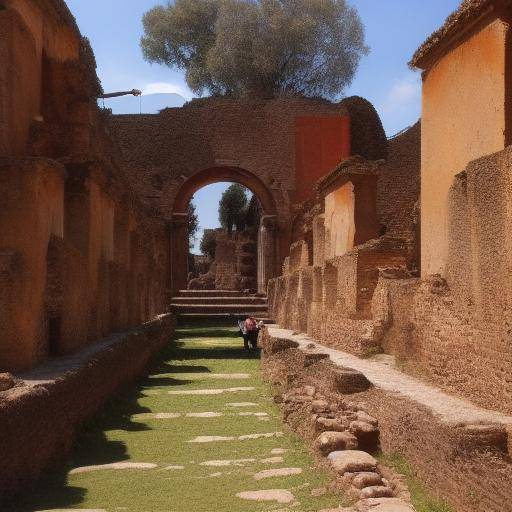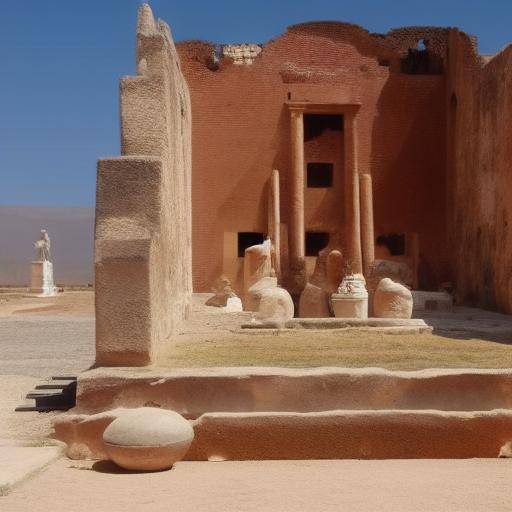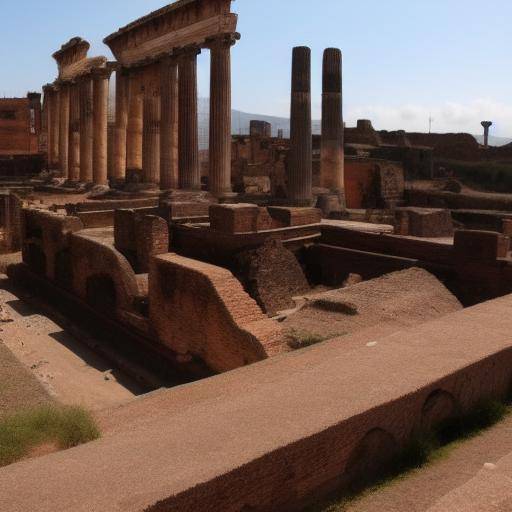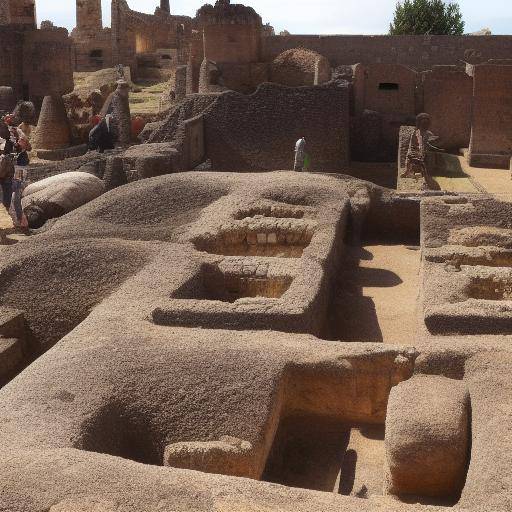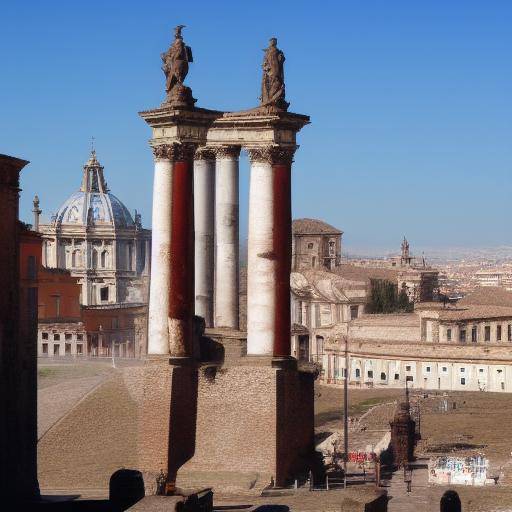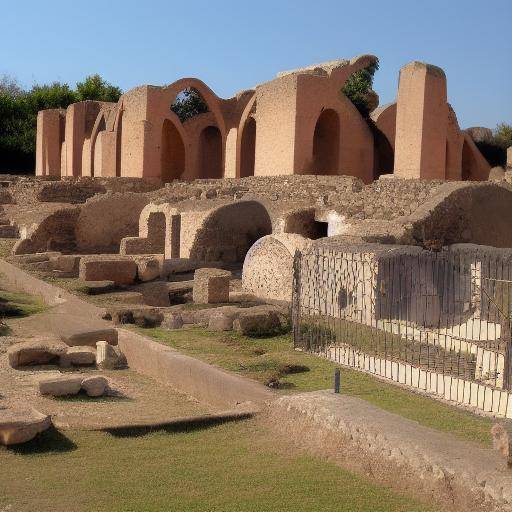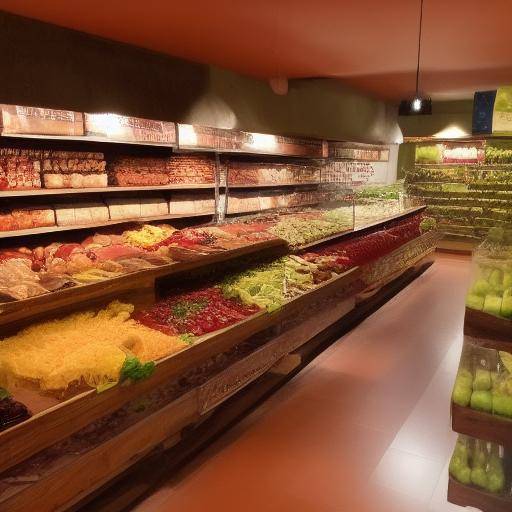
Have you ever wondered how it would be to enjoy the authentic flavors of the Vesuvius and Pompeii region in Italy? This article will take you on a gastronomic journey through Neapolitan cuisine, exploring local products and the rich history that intertwines with these iconic places. You will discover the origins of Italian gastronomy, the historical and geographical influences that have shaped their distinctive flavors, and how the local ingredients have influenced the culinary culture of this region. Prepare to awaken your senses with aromas and flavors that will transport you to the ancient Pompeii and will make you taste the authentic Italy.
History and Origins
Neapolitan cuisine is a true culinary treasure with roots dating back to ancient times. Its location next to Mount Vesuvius and the ancient ruins of Pompeii have given it a unique influence, shaped by the richness of local products and traditions rooted in the region. Since the time of the Roman Empire, the area has been known for its culinary delights, and its gastronomic legacy endures to this day.
Flavors of Antiquity
The influence of history and geography in Neapolitan gastronomy is undeniable. During the apogee of the Roman Empire, Pompeii was a bustling commercial city that enjoyed a thriving agricultural industry.
Links: History of Pompeii
Neapolitan cuisine and its Delights
Neapolitan cuisine is known for its simple approach and its emphasis on fresh and high quality ingredients. Neapolitan pizza, for example, is an emblem of Italian gastronomy and has been recognized by UNESCO as an Intangible World Heritage Site.
Local Products and Their Importance
The abundance of local ingredients, such as San Marzano tomato, buffalo mozzarella cheese, Sorrento lemon and extra virgin olive oil, are the cornerstone of Neapolitan cuisine.
Mount Vesuvius, whose volcanic ashes have enriched the surrounding lands, has given life to vineyards, fruit orchards and vegetable fields that nourish local gastronomy.
Links: Vesuvius and his influence on local agriculture
The Essence of the Napolitan Kitchen
The Neapolitan cuisine embodies the Italian spirit, with dishes that celebrate the simplicity and freshness of the local ingredients. From pasta to dente with homemade tomato sauce to decadent desserts, each bite is a sensory experience that captures the essence of the region.
Secrets of Tradition
Love for food is a constant in Neapolitan life, and traditional recipes pass from generation to generation, preserving the authenticity of flavors.
Links: Neapolitan traditional recipes
Pompeii and its Link with Gastronomy
Pompeii's historical legacy is reflected in its culinary arts. Archaeological excavations in the ancient city have revealed kilns, kitchen utensils and mural paintings that offer a fascinating view of everyday life and culinary practices of the time.
The Pompeii Culinary Heritage
The influence of Pompeya in Neapolitan gastronomy is evident in the variety of ingredients and cooking techniques that last until today. The gardens and orchards discovered in the excavations provide valuable clues to the agricultural products used in the former Pompeii, which sheds light on the diet and the flavors that the inhabitants enjoyed at the time.
Links: Pompeii: Archaeological exploration and gastronomy
Italian cuisine: Tradition and Evolution
Italian cuisine is recognized worldwide for its diversity, authenticity and rooted culinary traditions. Its rich history, marked by regional and seasonal influences, has resulted in a wide range of dishes that reflect the passion for food and the importance of fresh and quality products.
Regional diversity
Each region of Italy offers a unique culinary identity, enriched by traditional flavors, ingredients and techniques that have been transmitted over time. Italian cuisine is a testimony to the country's geographical and cultural diversity.
Links: Culinary diversity in Italy
Comparison of Flavors: Vesuvius, Pompeii and Neapolitan cuisine
The Neapolitan cuisine, influenced by Mount Vesuvius and the ancient Pompeya, offers a wealth of flavors that reflect the history and geography of the region. From local ingredients to traditional recipes, each bite is a journey in time that allows to appreciate the deep roots of Italian cuisine.
Similarities and Variances
Both Mount Vesuvius and Pompeya exert a significant influence on Neapolitan cuisine, providing unique ingredients and culinary techniques that have lasted over the centuries. The abundance of local products, driven by the fertility of volcanic lands, adds a distinctive character to regional cuisine.
The authenticity of the Neapolitan cuisine lies in the simplicity and freshness of its ingredients, while incorporating a variety of intense and aromatic flavors that date back to ancient times.
Links: Influence of Mount Vesuvius in Neapolitan cuisine
Future Trends and Gastronomic Predictions
The future of Neapolitan cuisine and local flavors is marked by the preservation of culinary traditions and innovation in techniques and presentations. As contemporary chefs seek to rescue ancestral recipes and adapt them to the demands of the current culinary landscape, Neapolitan cuisine is expected to remain an influential force in the world gastronomic scene.
Sustainability and Authenticity
Sustainability, traceability of food and respect for the environment are emerging trends that are integrated into Neapolitan gastronomy, where local ingredients and artisanal production occupy a central place.
The value of the authentic and the artisan continues to gain relevance in the gastronomic scene, which is reflected in the recognition and promotion of local products and traditional culinary techniques.
Links: Sustainability in Neapolitan gastronomy
Conclusion
In conclusion, diving into the Neapolitan cuisine and local products near Vesuvius and Pompeya is a sensory journey that offers a unique vision of the region's history, culture and culinary wealth. From vibrant local markets to traditional dishes that have resisted the test of time, Neapolitan cuisine is a treasure that deserves to be explored and appreciated.
**Continue exploring and enjoying the unique flavors that these emblematic places have to offer, and you will discover the true magic of Neapolitan cuisine.
FAQs
What is the influence of Mount Vesuvius in local agriculture?
Mount Vesuvius has enriched the surrounding lands with its volcanic ashes, creating fertile soils ideal for agriculture. This influence is reflected in the quality and wealth of local products, such as wines, fruits, vegetables and olive oils.
Why is Neapolitan cuisine so appreciated in Italian cuisine?
Neapolitan cuisine stands out for its emphasis on fresh and high quality ingredients, as well as its link to history and tradition. Its authentic flavors and its recipes transmitted from generation to generation have made it an emblem of Italian cuisine.
What are the distinctive ingredients of the Neapolitan cuisine?
Some of the distinctive ingredients include San Marzano tomato, buffalo mozzarella, Sorrento lemon, extra virgin olive oil, fresh pasta and fresh fish from the Gulf of Naples.
What is the role of Pompeii in Neapolitan gastronomy?
Pompeya has left a significant legacy in Neapolitan gastronomy, revealing clues about the agricultural products used in the old city, as well as the way in which the inhabitants enjoyed the gastronomy at that time.
What are future trends in Neapolitan gastronomy?
Sustainability, authenticity and recognition of local products are expected to continue to mark the course of Neapolitan cuisine, with an approach to preserving culinary traditions and innovation in techniques and presentations.
Where can I taste authentic Neapolitan cuisine near Vesuvius and Pompeya?
Local restaurants and shops in the Campania region offer a wide range of traditional dishes that capture the essence of Neapolitan cuisine. Local markets are also great places to discover fresh ingredients and authentic local products.
With this guide, you are ready to explore the fascinating connection between Neapolitan cuisine, the flavors close to Vesuvius and Pompeya, and the rich history that defines Italian cuisine. Good profit!

